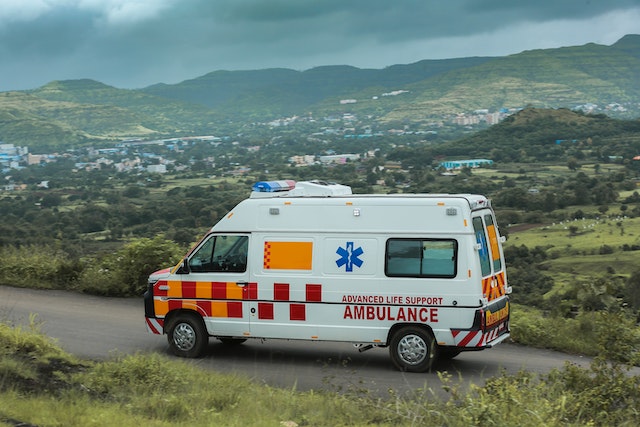
Emergency & Trauma Care
Our Approach in Emergency & Trauma Care
The emergency and trauma care offered at VR Revankar Hospitals is multidisciplinary and adheres to established guidelines in order to treat patients who have unexpected and severe injuries or diseases. Upon arrival, patients are assessed to establish the level of severity and the order of priority for their care. Further deterioration is avoided by stabilizing patients. It's possible that oxygen, fluids, and pain medication will be required. After the patient's condition has been properly diagnosed, the attending physician will recommend appropriate medications, procedures, and courses of therapy.
Conditions We Treat
- Traumatic injuries: Motor vehicle accidents, falls, and sports injuries. From scrapes and bruises to shattered bones, head traumas, spinal cord injuries, and internal injuries are possible.
- Cardiac emergencies: Heart attacks, arrhythmias, and cardiac arrest. Early treatment improves survivability.
- Respiratory emergencies: Asthma attacks, pneumonia, and acute respiratory distress.
- Neurological emergencies include strokes, convulsions, and traumatic brain injuries.
- Overdose or poisoning: This includes drug overdoses, alcohol poisoning, and toxic exposure.
- Infections: They include sepsis, meningitis, and pneumonia.
- Obstetric and gynaecological emergencies: They include difficulties during pregnancy or childbirth and acute vaginal bleeding.
Procedures We Provide for Emergency & Trauma Care
- Arterial line
- Mechanical ventilation
- Cardiac Pulmonary Respiration (CPR)
- Electrocardiogram (ECG)
FAQs
How are emergency medicine and intensive care different?
Illnesses that could kill a person are treated with long-term intensive care. Emergency medicine takes care of people with short-term injuries (for example, a sprained ankle or broken arm).
Before taking a patient to the ICU or another part of the hospital, doctors and nurses stabilize them in the emergency room.
What is emergency and trauma care?
Emergency and trauma care involves the assessment, resuscitation, stabilization, and management of patients with acute and potentially life-threatening injuries or illnesses.
What should I expect during emergency and trauma care?
During emergency and trauma care, you can expect to receive prompt and appropriate medical attention, including assessment, stabilization, and treatment of your condition. You may undergo diagnostic tests and imaging studies, and receive medications, procedures, and surgeries as needed.
What happens after emergency and trauma care?
After emergency and trauma care, you may require ongoing care and treatment to ensure a full recovery. Your healthcare provider will provide guidance and instructions on follow-up care, medication management, and other necessary interventions.
